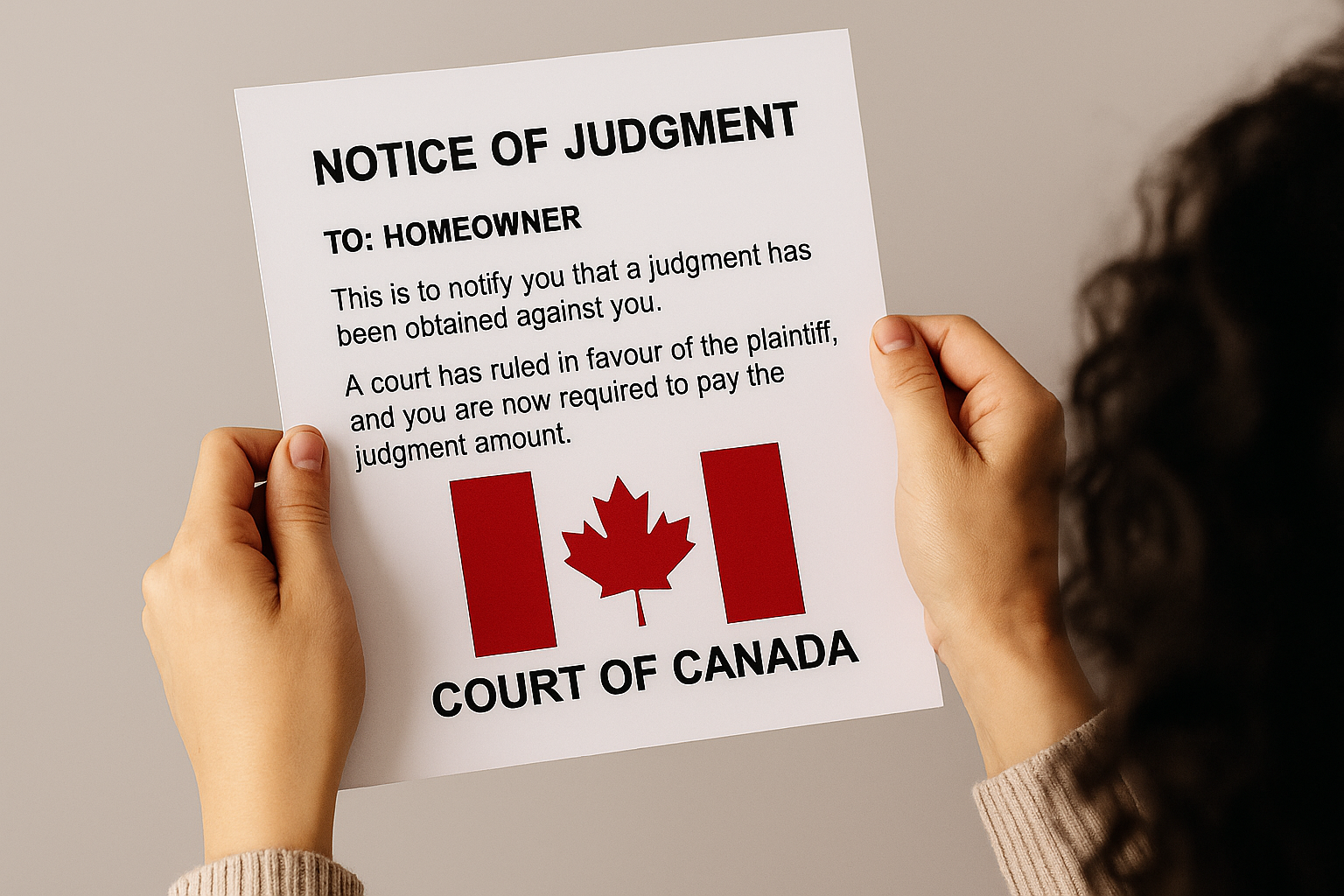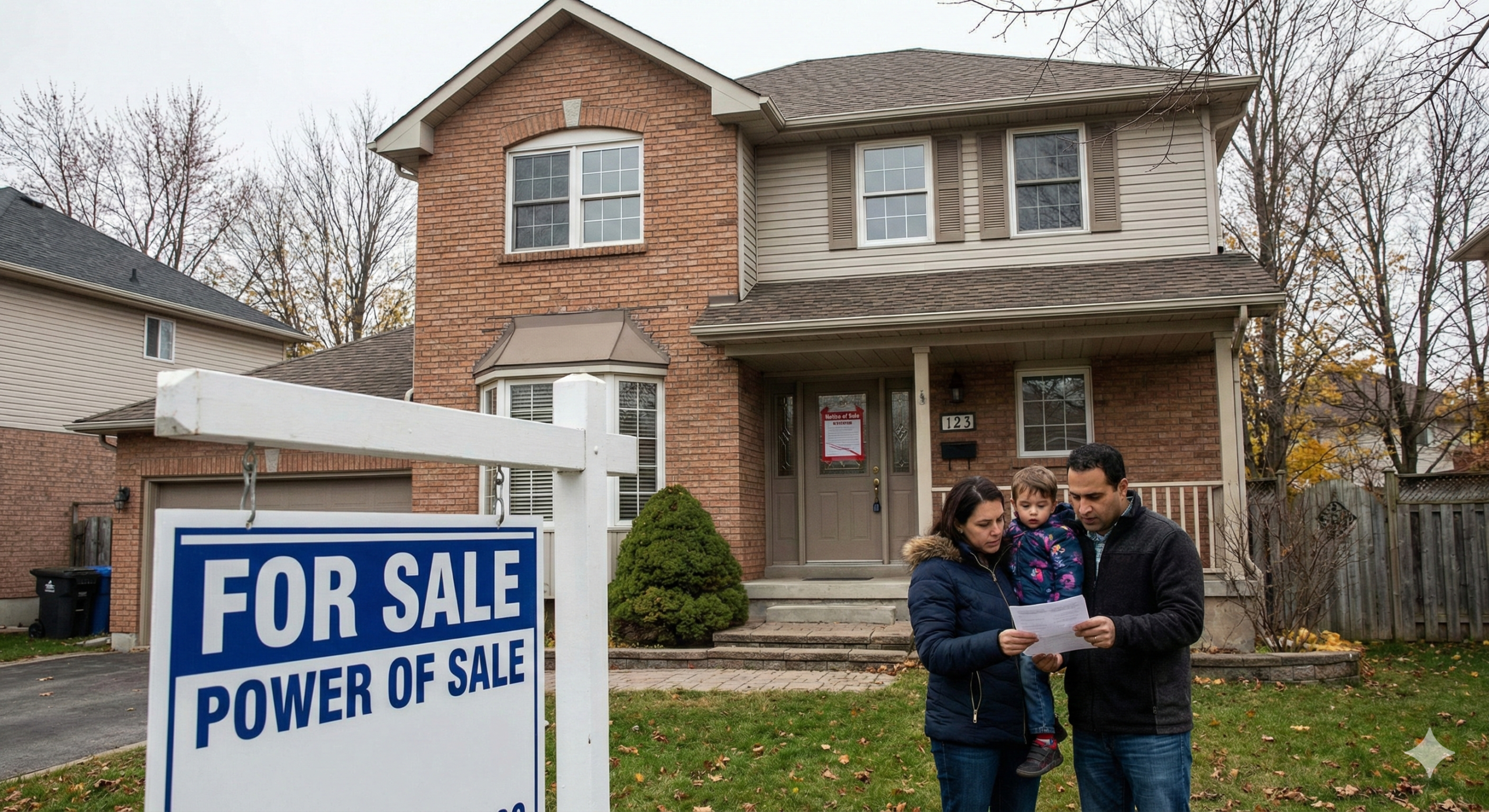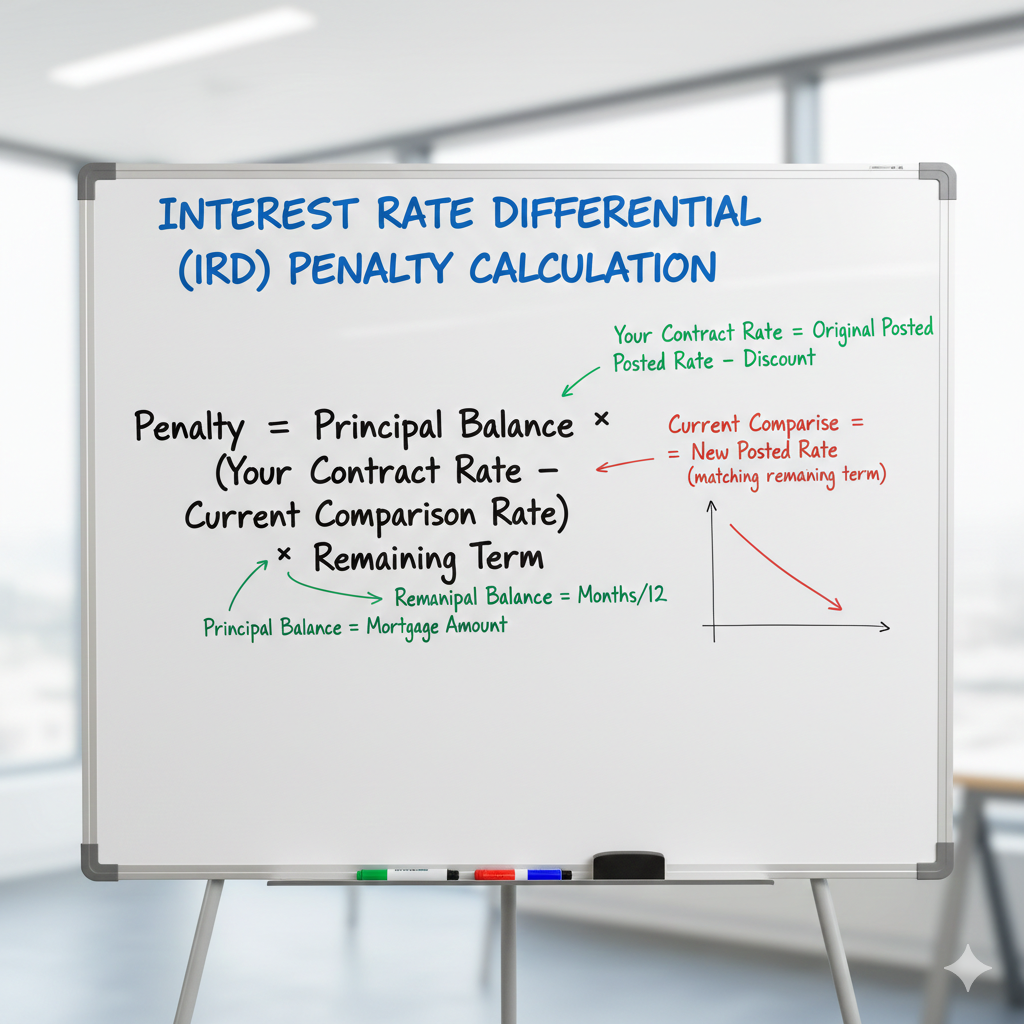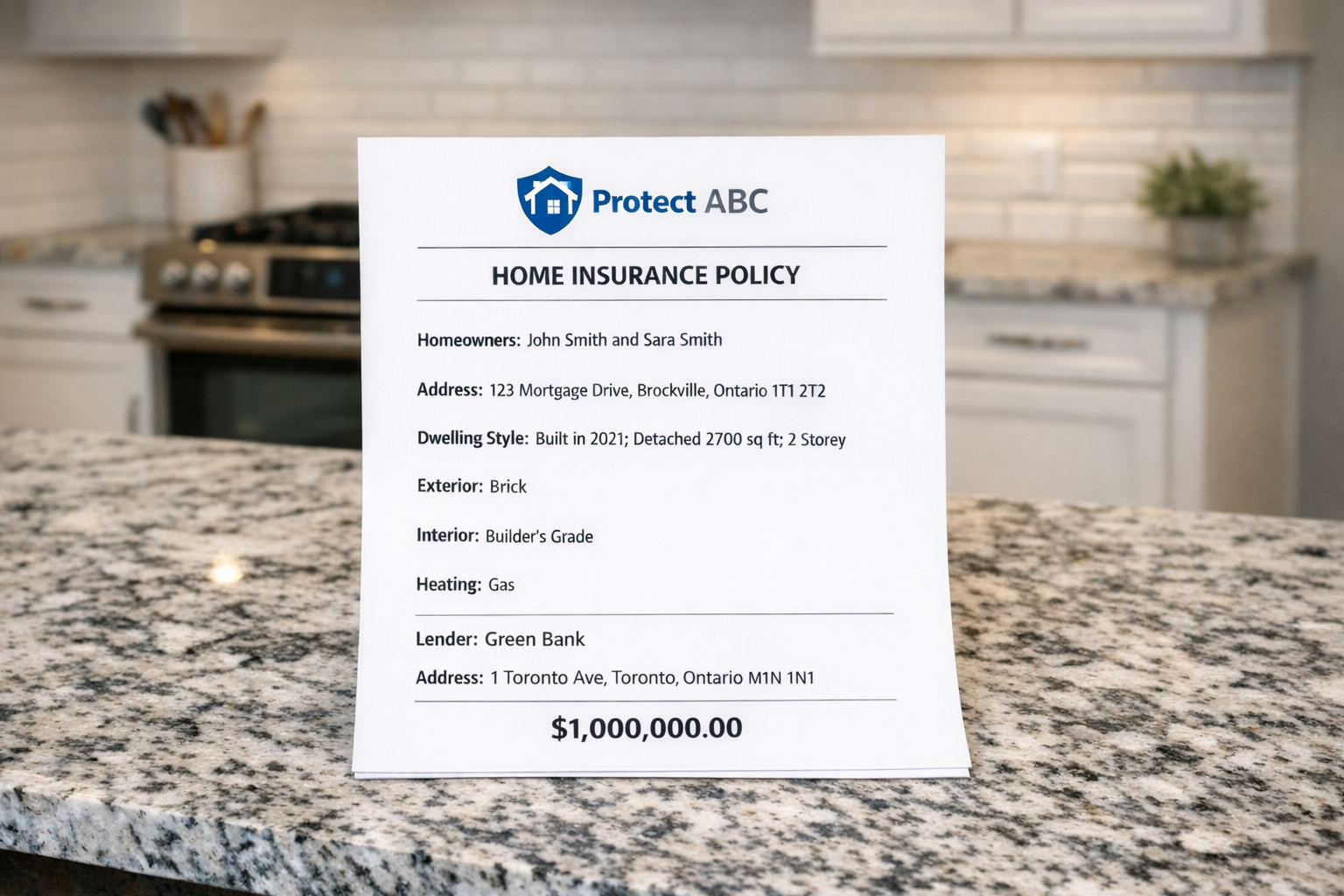While unsecured debt might sound less risky than a mortgage or car loan, the consequences of not paying can be just as serious. In Canada, if a creditor obtains a judgment against you for unpaid unsecured debt, they can register a writ against your home. This can lead to enforcement actions such as forced sale, liens, or seizure. With high interest rates, rising costs of living, and record consumer debt in 2025, many Canadians are unaware that they could lose their home because of debts like credit cards or personal loans.
Table of Contents
ToggleWhat is Unsecured Debt?
Unsecured debt is money you borrow that is not backed by an asset. Unlike a mortgage or car loan, creditors of unsecured debt cannot automatically seize property if you default. But they can take legal action to recover what’s owed.
Common Types of Unsecured Debt:
- Credit cards
- Personal loans
- Lines of credit (not secured against a home)
- Student loans (in some cases)
- Payday loans
Important to note: These debts may start with small balances, but due to high interest and fees, they can quickly spiral out of control.
Table: Secured vs. Unsecured Debt
| Feature | Secured Debt | Unsecured Debt |
|---|---|---|
| Backed by Asset? | Yes (e.g., house, car) | No |
| Can Affect Home? | Yes | Yes (via writ/judgment) |
| Interest Rate | Typically lower | Typically higher |
| Risk of Foreclosure | Directly possible | Indirectly possible |
| Requires Collateral | Yes | No |
| Legal Recovery Options | Repossession, power of sale | Court judgment, writ of enforcement |
While unsecured debt may not begin with collateral, it can still threaten your home if left unresolved. Once a creditor obtains a court judgment, they can use legal tools like writs to place a claim against your property. Secured debts, like mortgages, have a direct path to foreclosure, but unsecured debts can lead to the same outcome—just through a longer legal process.
Key takeaway: Don’t assume your home is protected just because the debt was unsecured at the start.
What Is a Judgment?
A judgment is a legal decision made by a court stating that you owe money to a creditor. It typically follows a lawsuit for unpaid debt, such as a credit card or personal loan. Once a creditor obtains a judgment, they can take steps to enforce it—like registering a writ against your home, garnishing wages, or freezing bank accounts. In Ontario and other provinces, a judgment stays on your credit report for up to 6 years and can seriously affect your ability to borrow or refinance.
The Legal Path From Unsecured Debt to Losing Your Home
How Missed Payments Turn Into Legal Action
When you fall behind on unsecured debt payments, creditors will first attempt collections. If those fail, they can sue you in court. Once they win the case, they receive a judgment.
Key takeaway: A judgment gives the creditor legal authority to enforce repayment.
From Judgment to a Writ Against Your Property
A judgment allows creditors to register a writ of seizure and sale against your home. This writ becomes a lien on your property title.
Common mistake: Many homeowners believe that if they ignore court paperwork, the issue goes away. In reality, ignoring a lawsuit can lead to a default judgment.
Power of Sale and Foreclosure: When Creditors Get Aggressive
If your mortgage lender discovers another creditor has registered a writ, they may feel their position is at risk and initiate power of sale proceedings. While unsecured creditors can’t initiate power of sale directly, their actions can trigger foreclosure indirectly.
Common Myths About Unsecured Debt
“They Can’t Take My House”
False. Once a creditor obtains a judgment and registers a writ, they have a legal claim on your property equity.
“They’ll Only Garnish My Wages”
Garnishment is one tool, but property seizure is another. Writs allow creditors to claim against your home, not just your income.
“Bankruptcy is My Only Option”
Consumer proposals or refinancing your home can be viable alternatives.
Important to note: Waiting too long can limit your options and damage your credit further.

Warning Signs You’re At Risk of Losing Your Home
- You’ve received collection letters from lawyers
- You’ve been sued or served court documents
- You’ve ignored legal notices for 30+ days
- A lien has been placed on your home
- Your mortgage lender has contacted you about a writ on title
Checklist: Are You At Risk?
- Court judgment issued against you?
- Debt over $10,000?
- Missed payments for 90+ days?
- Property has equity over 80%?
- Have you received legal threats or been served with a statement of claim?
- Have you avoided speaking with bill collectors?
- Are your credit cards maxed out and you’re unable to keep up with minimum payments?
- Are you unsure how much debt you owe or to whom?
What You Can Do to Protect Your Home
1. Access Home Equity Before It’s Too Late
Use your equity through a second mortgage, HELOC, or refinance to pay off unsecured debts.
2. Speak With a Mortgage Professional Early
A professional can evaluate your options, find private lenders if needed, and negotiate with creditors.
3. Consider a Consumer Proposal or Debt Settlement
A proposal can stop legal action and consolidate debt at a reduced rate. It’s legally binding once approved.
4. Explore Second Mortgage or Private Lending Options
Private lenders may approve financing based on equity, even if your credit is damaged.
5. Selling Your Home Before Enforcement Actions
In some cases, selling can preserve your equity and avoid a court-ordered sale.
Costs may include:
- Realtor fees (5–6%)
- Moving expenses
- Legal fees for discharge
Example: Lisa in Oshawa had a $45,000 credit card judgment. By the time she sought help, a writ was already registered. She refinanced with a private lender to pay the judgment in full to avoid more interest and fees.
Act Before It’s Too Late: Don’t Wait for the Legal Notice
Waiting until you receive a formal legal notice often means you’ve already lost valuable time—and options. At that point, interest charges, legal fees, and enforcement risks have already escalated. If you have equity in your home, take control now. Speak with a mortgage professional who understands how to handle writs, judgments, and refinancing—even with bad credit.
FAQ: Unsecured Debt and Home Loss in Canada
Q: Can unsecured debt lead to losing your house in Canada?
A: Yes. A creditor can sue you and register a writ of enforcement on your home, which can result in a lien or even sale.
Q: What is a writ of seizure and sale?
A: It is a legal tool that allows creditors to enforce a judgment by claiming an interest in your assets, including real estate.
Q: How do I find out if there’s a writ on my property?
A: Your real estate lawyer or lender can conduct a title search. If one exists, it must be dealt with before refinancing or selling.
Q: Can I refinance with a writ or judgment on title?
A: Yes, but it often requires working with alternative lenders who specialize in credit-challenged files.
Q: Will paying the debt remove the writ?
A: Usually yes. Once settled, the creditor files a discharge, and the writ is removed from your title.
- Hard Money Lender Alberta: Guide for Homeowners in 2026 - February 26, 2026
- How Many Paystubs Are Required for a Mortgage in Canada? Helpful Guide - February 19, 2026
- Home Insurance Requirements for a Mortgage in Canada - February 13, 2026






